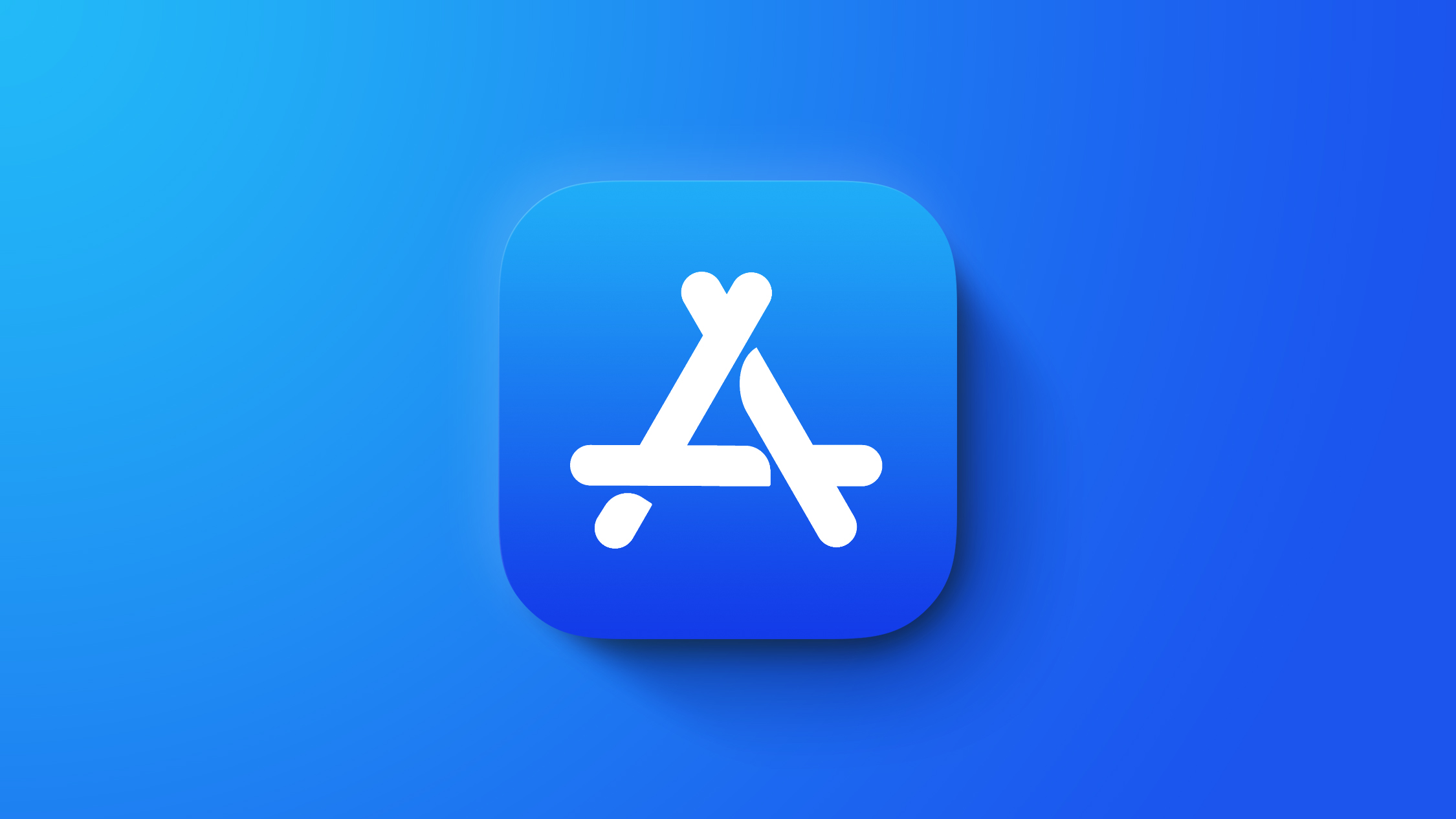Why do people think this will be so different from macs? You want to install some software that's not signed? Sure, allow it in settings and you're good to go. You only trust the app store? Fine, leave your security settings as they are and only download software from there. It might be a little limited, because it's sandboxed, but if you don't care or notice or even embrace the security that tradeoff gives you - all the better.
I've never met someone who bricked his mac because of bad software and all people I know who were victims of data or identity theft got their google or facebook passwords stolen or were on windows, installing trojans by themselves. If you actively decide against a wall, but then also pull wooden horses onto your lawn, it's your own fault imho.
Also, apple will have to step up it's security game as iphones are more popular targets than those 6% of mac users. (And macs are notoriously the first ones that get cracked in hacking contests - they are just more secure because they are more obscure).
So, your iphone will become more versatile - if you want to - some apps will become cheaper and iOS will be more secure and transparent. Some people will want to install pirated software, lower their security settings without accepting the risks and eventually catch malware. Still, imho the pros far outweigh the cons here.
I've never met someone who bricked his mac because of bad software and all people I know who were victims of data or identity theft got their google or facebook passwords stolen or were on windows, installing trojans by themselves. If you actively decide against a wall, but then also pull wooden horses onto your lawn, it's your own fault imho.
Also, apple will have to step up it's security game as iphones are more popular targets than those 6% of mac users. (And macs are notoriously the first ones that get cracked in hacking contests - they are just more secure because they are more obscure).
So, your iphone will become more versatile - if you want to - some apps will become cheaper and iOS will be more secure and transparent. Some people will want to install pirated software, lower their security settings without accepting the risks and eventually catch malware. Still, imho the pros far outweigh the cons here.



